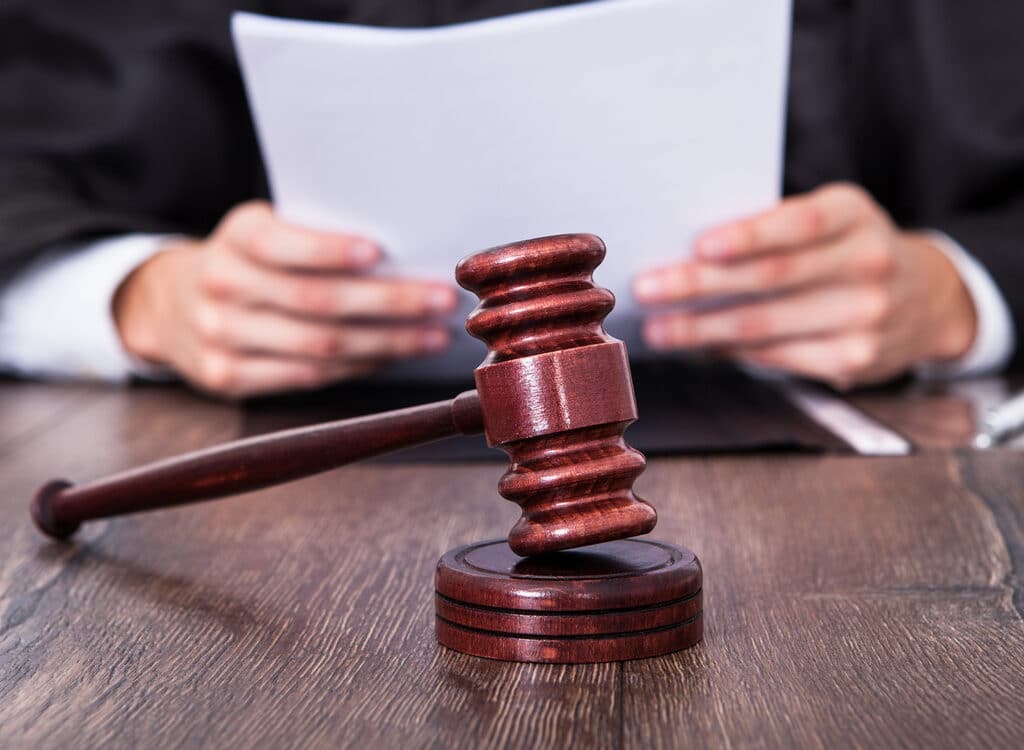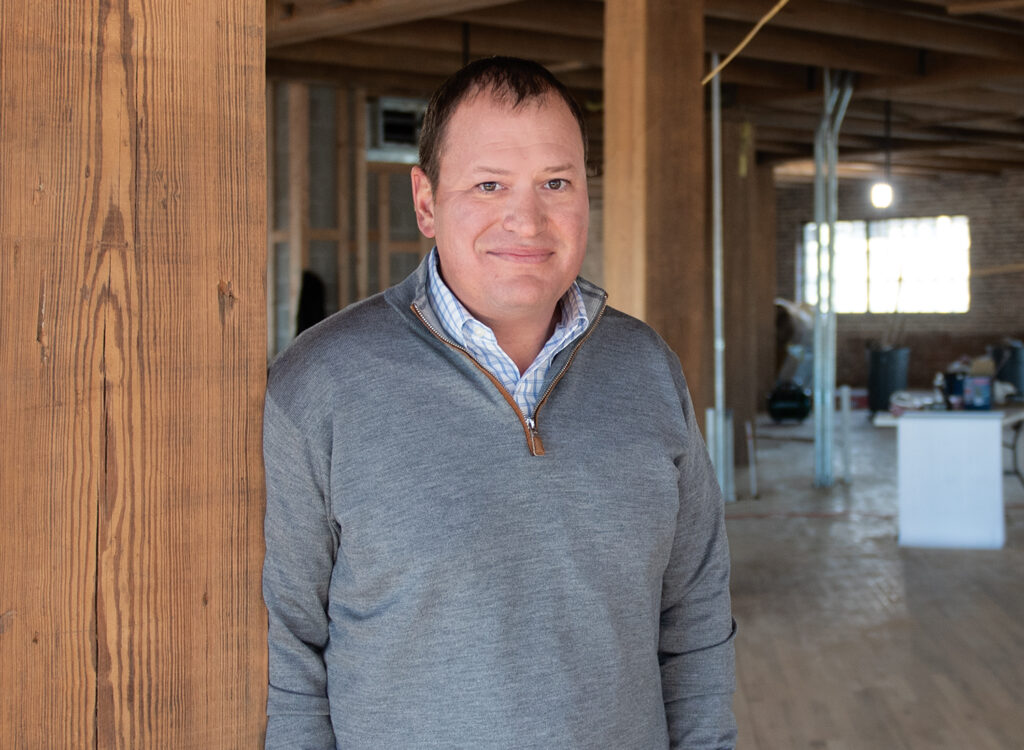Mapping out a better connection to the outdoors

PERRY BEEMAN Nov 2, 2018 | 7:04 pm
2 min read time
546 wordsAll Latest News, Arts and Culture, Business Record Insider, Energy Rue Mapp grew up playing outdoors on an acreage her parents owned north of Oakland, Calif.
Rue Mapp grew up playing outdoors on an acreage her parents owned north of Oakland, Calif.“We hunted and fished. We had cows and pigs, we tended fruit trees. My dad made wine,” Mapp said in an interview before her appearance today in the Tomorrow Plan Speaker Series in Des Moines. “It was the wonder of getting away from the city, of watching a tadpole become a frog. It was my laboratory.”
But over the years, even after she got her degree in art history from the University of California-Berkeley, she noticed a large segment of her friends, relatives and colleagues — African-Americans — weren’t exploring the great outdoors with her.
“When I got away from the city, I didn’t see a lot of people who looked like me,” Mapp said shortly before her phone played a ring tone of ducks.
After one of her mentors asked Mapp what she would do with her life if time and money were no object, she said she would start a website to encourage African-Americans to get outside more, to explore nature, to commune, to chill. She had created a game store with her husband, and she worked as a data analyst for a major financial firm.
Time and money be darned, Mapp — who proudly notes she now has regular paycheck, a staff and health benefits — formed Outdoor Afro in 2009.
The name “came from God, there was no focus group,” Mapp said. The idea was to be whimsical about some people’s concern about their hair during outdoor activities, but also to just gain the attention one would expect from a good branding exercise, she said.
The organization has given African-Americans, and others, a platform to share stories, to plan outings to local parks and to Mount Kilimanjaro and elsewhere. The organization has reached 35,000 people in 30 states (Iowa isn’t among them yet), with 80 volunteers helping.
When Ferguson, Mo., broke out in riots after white policeman Darren Wilson shot 18-year-old Michael Brown, who was black, Mapp took some of her friends into the redwood forest in California, rather than to the streets. She discovered a healing power in nature. “What I do is almost evangelical,” Mapp said. “There is a deep, spiritual connection.”
If parents don’t take their children outside, the danger is a whole generation disconnected from nature, perhaps not caring for it, and losing the now-documented medical benefits of relaxing outdoors.
“If you aren’t accustomed to going into the wild, why would you go?” Mapp said. She joins author Richard Louv (“Last Child in the Woods: Saving Our Children from Nature-Deficit Disorder”) and many others who think the fact that so many people, especially children, aren’t getting outside is a critical problem. Without a connection to nature, people will get sick, and they will care less about preserving what’s left of the environment, she said.
“We are in a crisis right now,” Mapp said. Children are told it’s dangerous to be outside. Other elements of life, including the very social media and internet upon which her organization relies, keep people indoors.
What can businesses do? Mapp suggests you focus on team-building and social events outside, instead of in meeting rooms. “That corporate culture will make employees healthier, and more social,” she said.








